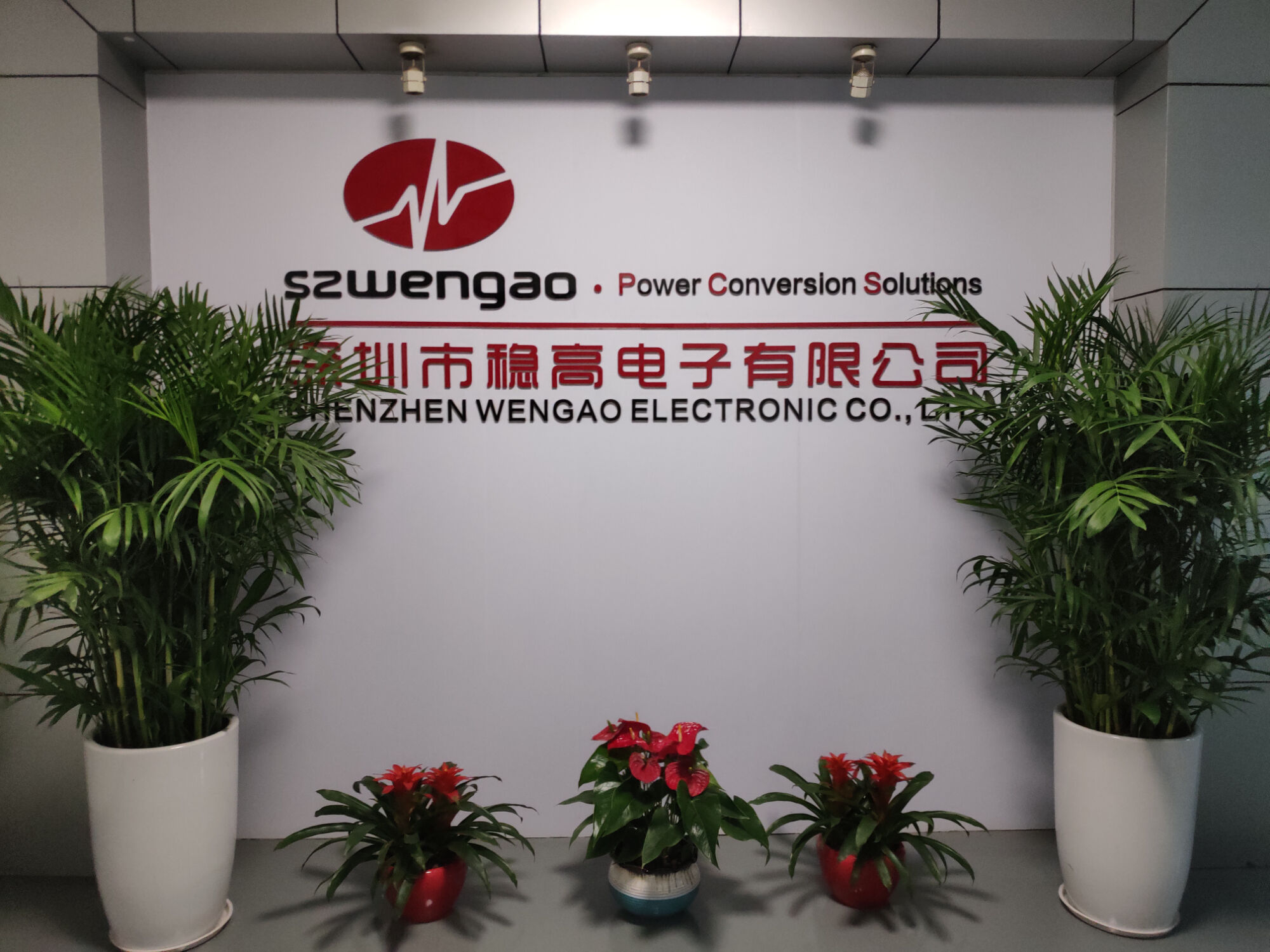DC DC Chargers vs. AC Chargers: Which Is Better Suited to You
In the present world of technology, there is an increased reliance on electronic gadgets where the right choice of chargers is more important than ever before. Common types of charging devices in the market include DC DC chargers and AC chargers among others. Therefore, which one should you turn to? This article will compare two types of chargers, aiming at letting you make a wise decision.
The Basic Principle
DC DC Charger
This charger changes one Direct Current (for example, solar panels and batteries) into another Direct Current in order to recharge electronic tools- meaning that it changes DC power source into another for recharging electronic applications. It normally has a high rate of conversion energy with small sizes, thus suitable for mobiles as well as handhelds situations.
AC Charger
The device for converting AC power (like from household electricity) into DC power for your electronics’ recharging is called an AC charger. Filters, rectifiers and transformers are some components found in most AC battery chargers that can achieve stable voltage outputs and then will be able to charge various equipments such as household appliances, computers or any other devices like phones.
Performance Comparison
Charging Efficiency
In terms of energy conversion efficiency, DC DC chargers are generally better than AC chargers because they do not undergo the same process of losing energy during conversion like their counterparts; this makes them more efficient during charging because they directly convert D.C. energy into D.C., hence higher chargeability while converting A.C current sources to provide D.C ones may cause certain losses affecting the charging output adversely.
Portability
Size is also an aspect that differentiates these two classes since dc-dc adapters usually have smaller dimensions and weigh lighter than ac models making them portable amongst mobiles plus handheld devices while on the contrary ac ones are generally large sized being heavy too due to transformers among other components that should be incorporated.
Safety
When it comes to security, both chargers have their own pros and cons. DC DC chargers are usually less likely to generate excessive heat or electromagnetic radiation during the charging process, which ensures device safety to some extent. However, due to larger output voltage and current, one has to be careful enough as risks like short circuiting should not occur. Alternating Current (AC) chargers on the other hand produce some heat and electromagnetic radiations while being used but they typically come with protective features including overcurrents, overvoltages or overtemperatures hence ensuring device safety.
Applicable Scenarios
DC DC Chargers
For instance, in mobile devices and portable devices sites like smartphones, tablets and e-readers among others; also where there is need for a charger that can easily be transported along for outdoor activities such as camping trips. This type of charger is suitable for specific applications such as solar charging systems or car charging systems.
AC Charger
In fixed situations such as homes or offices AC chargers are essential source of power supply. Additionally, these types could also suit places requiring high power rechargeable batteries like EV (electric vehicles) charge stations when in use
Summary
Each charger type, DC DC chargers and AC chargers has its own characteristics and benefits, which makes it ideal for different cases or needs of a user. When choosing a charger, you ought to consider it holistically with respect to your real demands and the situation in which it will be used. If you need charging on the go, perhaps in particular circumstances please opt for the former; conversely, the latter is good when fixed places necessitate recharging such as homes and offices. I trust that this article may guide you into making an informed decision with regards to a battery charger.
Recommended Products
Hot News
-
Application Advantages of Non-Isolated BUCK Converters Compared to Isolated Step-Down Converters
2024-01-23
-
DC-DC Converters Showcase Remarkable Advantages in Outdoor Off-Grid Applications
2024-01-23
-
DC to DC Battery Charger - Wide input and Noise immunity for dual battery system applications
2024-01-19

 EN
EN
 AR
AR
 BG
BG
 HR
HR
 CS
CS
 DA
DA
 NL
NL
 FI
FI
 FR
FR
 DE
DE
 EL
EL
 HI
HI
 IT
IT
 JA
JA
 KO
KO
 NO
NO
 PL
PL
 PT
PT
 RO
RO
 RU
RU
 ES
ES
 SV
SV
 CA
CA
 TL
TL
 IW
IW
 ID
ID
 SR
SR
 SK
SK
 UK
UK
 VI
VI
 HU
HU
 TH
TH
 TR
TR
 FA
FA
 AF
AF
 MS
MS
 GA
GA
 HY
HY
 BN
BN
 MN
MN





